WHO recommends that free sugar intake should be reduced to less than 10% of total daily energy intake, and if possible, to less than 5% to protect health.
WHO recommends that free sugar intake should be reduced to less than 10% of total daily energy intake, and if possible, to less than 5% to protect health.
The dangers of abusing sugary drinks
Over the years, sugar consumption in Vietnam has increased significantly, especially in sugary beverage products.
According to statistics from the National Institute of Nutrition, the average sugar consumption of Vietnamese people in 2018 reached 46.5 grams/day, twice as high as the recommendation of the World Health Organization (WHO), which is just under 25 grams/day. Sugar consumption exceeding this level is considered one of the main causes of chronic non-communicable diseases, threatening public health.
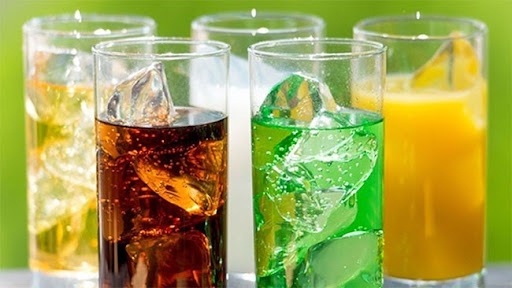 |
| WHO recommends that free sugar intake should be reduced to less than 10% of total daily energy intake, and if possible, to less than 5% to protect health. |
Dr. Bui Thi Mai Huong from the National Institute of Nutrition said that sugar is not only found in processed foods but also in many natural foods such as fruits, vegetables and milk. However, Vietnamese people consume too much sugar, far exceeding the recommended levels of international health organizations.
One of the main factors that causes the high sugar consumption is the habit of drinking carbonated soft drinks. According to a study of nearly 2,000 people, more than 57% of people have the habit of drinking carbonated soft drinks, of which 13% of men and more than 10% of women drink every day. A can of carbonated soft drink can contain up to 36 grams of sugar, almost reaching the total sugar consumption in a day.
Consuming too much of this sugar not only increases the risk of diabetes and obesity, but also leads to heart problems, blood pressure, and metabolic disorders.
Dr. Huong warned that excessive sugar consumption also negatively affects the brain, related to memory and cognitive problems, and causes sugar addiction, making it difficult for consumers to give up this habit.
To protect public health, nutrition experts recommend reducing the amount of free sugars in the diet, especially processed foods and sugary drinks.
WHO recommends that free sugars should be reduced to less than 10% of total daily energy intake, and if possible, to less than 5% to protect health. In addition, the American Heart Association recommends that women should not consume more than 25g of sugar (equivalent to 6 teaspoons) per day.
An effective way to reduce sugar intake is to choose foods and beverages with little or no added sugar. Consumers should get into the habit of reading food labels to choose products with less sugar, especially in dairy products and processed beverages.
For manufacturers, reducing added sugar and replacing it with natural ingredients like dates, oranges, lemons or low-calorie sweeteners is an encouraging trend.
In addition, Dr. Huong recommends that consumers replace sugary soft drinks with filtered water, unsweetened juice, unsweetened iced tea or other less sweet drinks to protect their health. People can also try using spices such as cinnamon, ginger, or vanilla to add flavor to dishes without adding sugar.
Preventive medicine and tax policy for sugary drinks
According to the Ministry of Health , the habit of consuming high amounts of sugar is causing serious consequences for public health, including increased rates of diabetes, obesity, and cardiovascular diseases. Therefore, the Ministry of Health has issued recommendations and implemented strategies to limit sugar consumption.
One of the key measures proposed is to increase taxes on sugary soft drinks to encourage businesses to produce less sugary drinks. The Ministry of Finance has proposed a 10% tax on sugary soft drinks, while the Ministry of Health has suggested the tax rate could be as high as 40%, or gradually increased over time.
In addition, to minimize the harmful effects of sugar on health, the Ministry of Health also recommends measures to educate the community and promote the harmful effects of consuming sugary drinks, and encourages businesses to participate in reducing sugar in their products.
Nutritionists and food manufacturers agree that reducing sugar intake is not only the responsibility of consumers but also the responsibility of businesses in the food and beverage industry. Alternative solutions for sugar, developing healthier products, combined with tax policies and public advocacy will help minimize the harmful effects of sugar consumption, improve public health and reduce the disease burden caused by non-communicable diseases.
Implementing measures like this requires close coordination between authorities, health organizations and food production enterprises. Only then can people change unhealthy food consumption habits and move towards a healthier future.
Regarding the proposal to increase excise tax on sugary drinks, a representative of a famous beverage company said that increasing excise tax will put great pressure on businesses in the industry. Because beverage is an industry with fierce competition. Increasing tax will increase production costs, possibly increasing product prices, and this will directly affect consumer purchasing power.
Businesses are also concerned that, instead of reducing sugary drink consumption, the policy could lead to a shift in consumption to lower-value imported products, undermining domestic production.
With new tax policies likely to have significant impacts, businesses are also looking to develop healthier and less sugary products.
Some manufacturers have begun using refined sugar alternatives, such as dates, honey, or natural sweeteners from herbs and fruits, to sweeten their products. This not only meets consumer demand but also helps businesses comply with requirements to reduce added sugars in products.
According to nutrition experts, replacing refined sugar with natural sweeteners can be an effective solution to minimize the harmful effects of sugar on health, while helping businesses develop new products that suit modern consumer trends. For example, at TH Truemilk, this business has been a pioneer since 2013 when it launched low-sugar milk, and in 2018 launched a set of nut milks using the sweetness of fruit.
In order for special consumption tax policies to be highly effective in protecting public health without having too much impact on the manufacturing industry, businesses propose a reasonable tax increase roadmap.
Mr. Dau Anh Tuan, Deputy Secretary General and Head of the Legal Department of the Vietnam Chamber of Commerce and Industry (VCCI), said that there needs to be a feasible and fair tax policy.
"Special consumption tax must not only aim to regulate consumer behavior but also ensure fairness among businesses in the industry, encouraging businesses to produce low-sugar or sugar-free products without creating discrimination or disadvantages for domestic businesses," Mr. Tuan said.
Source: https://baodautu.vn/su-pho-bien-cua-do-uong-co-duong-va-nguy-co-suc-khoe-d232274.html


![[Photo] Prime Minister Pham Minh Chinh meets with South African President Matamela Cyril Ramaphosa](https://vphoto.vietnam.vn/thumb/1200x675/vietnam/resource/IMAGE/2025/10/23/1761226081024_dsc-9845-jpg.webp)



![[Photo] Prime Minister Pham Minh Chinh chairs meeting on railway projects](https://vphoto.vietnam.vn/thumb/1200x675/vietnam/resource/IMAGE/2025/10/23/1761206277171_dsc-9703-jpg.webp)
![[Photo] President Luong Cuong holds talks with South African President Matamela Cyril Ramaphosa](https://vphoto.vietnam.vn/thumb/1200x675/vietnam/resource/IMAGE/2025/10/23/1761221878741_ndo_br_1-8416-jpg.webp)
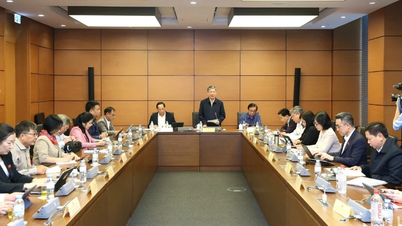


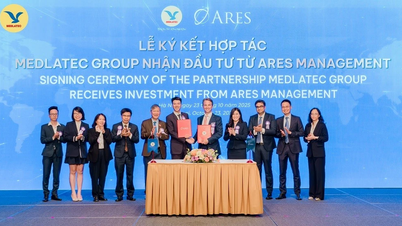

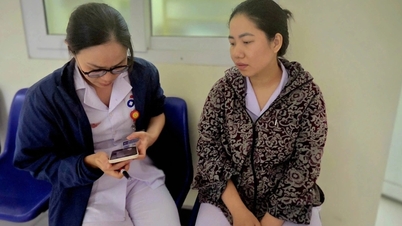

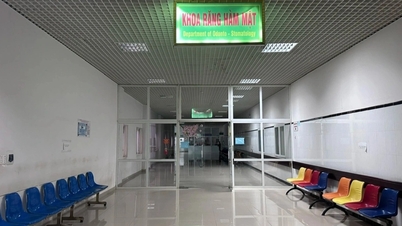














































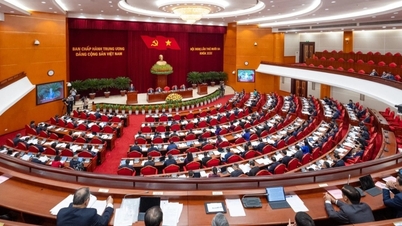


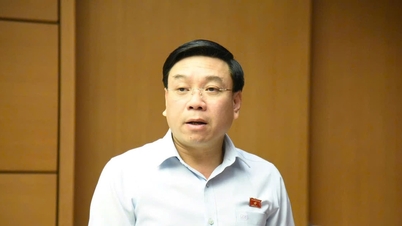






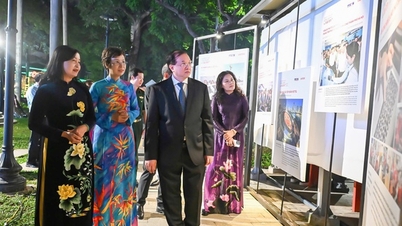





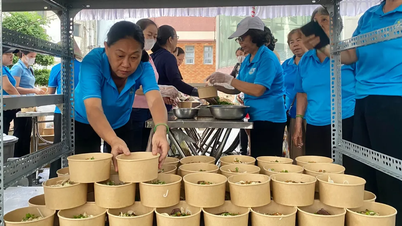



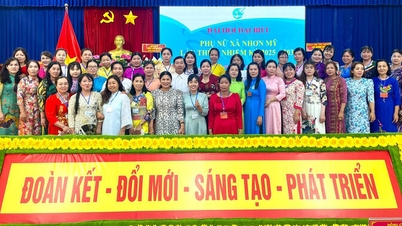


















Comment (0)